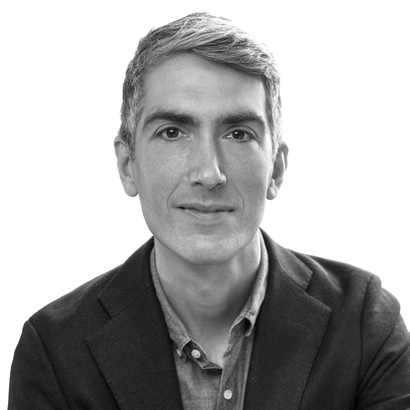Secret City: The Hidden History of Gay Washington by James Kirchick
For a brief moment in the fall of 1964, the most talked-about place in American politics was a dark Y.M.C.A. basement a few blocks from the White House. That was where, late one night in October, two men having oral sex in a men’s bathroom stall were entrapped and arrested by the local police.
This sort of thing was not unusual in mid–20th century Washington, a city with a teeming underground gay scene and a crusading vice squad to match. Lafayette Square, across Pennsylvania Avenue from the White House, had been a popular, and legally treacherous, gay cruising spot for decades.


